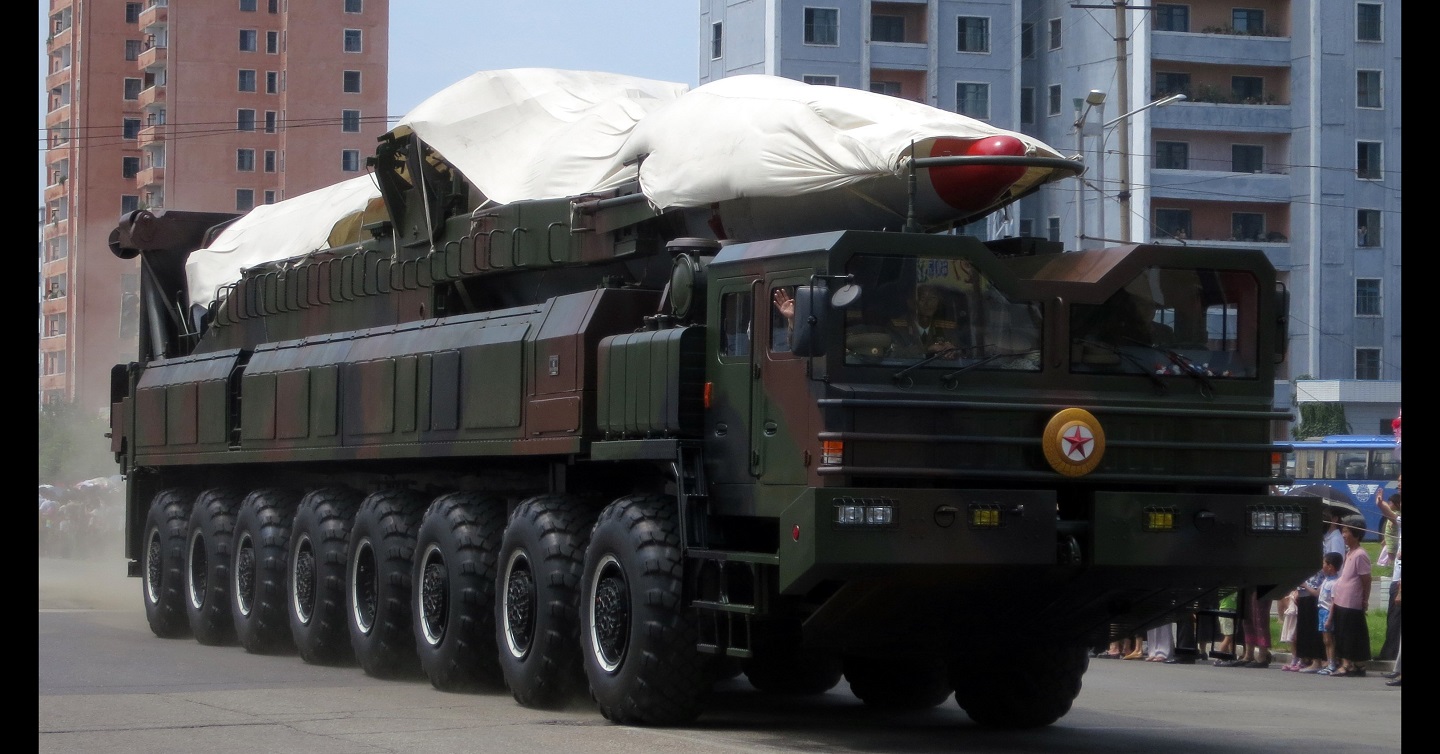Current Developments in North Korea and Their Global Significance

The Importance of North Korea in Global Affairs
North Korea, officially known as the Democratic People’s Republic of Korea (DPRK), continues to be a focal point in international relations and security discussions. Its strategic position, coupled with its nuclear ambitions, makes the Korean Peninsula a region of significant geopolitical concern. As tensions rise and diplomatic efforts oscillate, understanding the current climate in North Korea is crucial for analysts, policymakers, and the global community.
Recent Events and Developments
In recent months, North Korea has ramped up its missile tests, showcasing advancements in its ballistic capabilities. In October 2023, the country successfully launched two short-range ballistic missiles into the sea, a demonstration of its increasing military prowess. This action has raised alarms, particularly among South Korea and Japan, both of whom have expressed their concerns over regional security. Additionally, North Korea’s latest provocations have prompted calls for increased monitoring from the United Nations and the international community.
International Reactions
The United States and its allies have responded firmly to North Korea’s recent activities. Washington reaffirmed its commitment to defending its allies in Asia, indicating a potential strengthening of military exercises alongside South Korean forces. Meanwhile, China, North Korea’s largest trading partner and ally, has taken a more subdued approach, advocating for dialogue but also emphasising the need for stability in the region. The complexities of these relationships illustrate the delicate balance of power where North Korea continues to play a pivotal role.
Implications for the Future
Analysts predict that North Korea is likely to maintain its assertive stance as it faces increased economic sanctions and diplomatic isolation. President Kim Jong-un’s regime seems committed to advancing its nuclear capabilities, viewing them as essential to its survival. The potential for further military provocations remains high, which could trigger more severe responses from global powers. Moreover, the humanitarian situation in North Korea continues to deteriorate, with reports of food shortages and economic difficulties due to ongoing sanctions and the aftermath of the COVID-19 pandemic.
Conclusion
The situation in North Korea demonstrates the broader implications of geopolitical tensions that extend beyond the Korean Peninsula. The potential for military conflict remains a concern, and as the world watches closely, the importance of diplomatic engagement cannot be overstated. As the international community navigates the complex dynamics of North Korea, it is essential for stakeholders to collaborate and seek avenues for dialogue that could lead to stability and peace in the region.
You may also like

The UKIP Party: Recent Developments and Future Outlook

Qatar’s Growing Influence in Global Affairs

Jess Phillips: Championing Women’s Rights in Modern Politics
SEARCH
LAST NEWS
- Remembering Wendy Richard: The Promise to Co-Star Natalie Cassidy
- How Did Anglian Water Achieve an ‘Essentials’ Rating for Mental Health Accessibility?
- Shai Hope Leads West Indies in T20 World Cup Clash Against South Africa
- What We Know About Weston McKennie: Future at Juventus and Past at Leeds
- What We Know About the Upcoming Live Nation Antitrust Trial